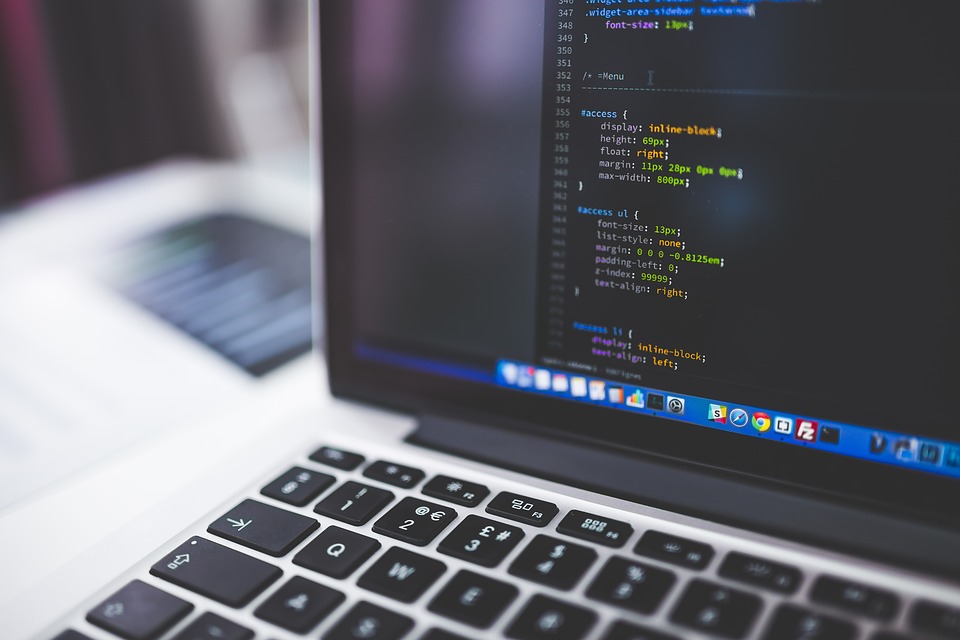The PC slows down for various reasons, but most of them are what we use for them. When you install software, install extensions, travel, Internet files, create and fill your hard drive, movies and music, willy-nilly, you have to make virtual garbage that will affect your computer’s performance. So if you are thinking, “Why is my PC so slow?”, These are the most common reasons why your computer is getting slower and slower.
-
Run Many Programs
Recently, downloaded programs often try to sneak into your Start menu (Windows) or insert items (Mac). If you don’t, click the clear area button to state that you may have both unnecessary programs competing to be completed and in action as soon as the computer boots up (as it happens, soon). This is the most frequent cause of a slow computer running multiple programs. 90% of the apps that want to run when your computer boots up, so you’ll be able to use them; eventually, start in five to ten minutes. It’s finally getting started; many programs are currently running in the background, and if you’re not using newer computers, that may be slower than you are. This article from ValidEgde can help you look into it.
While some of them, like antivirus software and firewall software, need to be resolved to start the mailbox, in the others-for example, iTunes or Microsoft Office-it may be easy enough for you to keep it closed until you need to make the file available for digital depth access.
-
Hard Drive 95% Full
When your hard drive is 95% full, your computer may slow down by 50%. Currently, there is no place to store the temporary files needed to run the program, as if the OS already knows how to manage it properly. The location is stable to deal with software, software updates, and downloads, and temporary files. Any file is deleted from the software application, so you can sustain a good amount of space, but only in the trash. Check for stable (Mac software), click on Apple, select About this Mac or Windows) Start / Computer button and right-click the main hard drive (usually C:), then go to Properties.
Deep clean your computer from unnecessary files, unused applications close for downloading, and temporary files. This can include any software, manufacturer, offset of the computer you plan to run the tool or cleanup.
-
OS is Very Slick
It’s the old battle of visual effects ‘ performance views – aka the eye candy. This delicious one and transitions to minimize Windows can affect PC speed and, to a lesser extent, Mac if the hardware isn’t just skate-minimal requirements for your OS to choose from.
If you have a sound graphics card – 1 GB of RAM, a graphics card, or even better – you’ll be fine. But, not really, it’s visual effects can slow down your computer.
-
Running in Low Power Mode
Some computers are running on Windows, allow you to configure settings for maximum performance. Go to Control Panel > Hardware and Sound > > Power Choices, then select ” Create a Power Plan.” The computer can speed up your component, and you will see three options: “Balanced,” “Energy Saving,” and “High Performance.” Select “High Performance” and a name. Then you will see a screen from which you can choose one meal plan. Choose a new method for you. Create a circuit that both forces “based on High performance will” maximize PC performance.
-
Many Browser Tabs are Open
If you’re on and on the open camp icons, your browser will probably run more than its fair share of RAM. So you open a new tab in the browser, and it marks the phone’s RAM. If you have a little RAM on the left, you probably don’t have enough space to manage only what is currently active, so your COMPUTER gets slower and slower.
Multiple open browsers can slow you down, and you’ll get extra slowdowns, points that each tab is automatically updated (say, a live blog). In addition, there are many tabs in the web browser, full of supposedly important information not only to serve our customers without thinking.
Conclusion
Although all computers are delayed for a certain period, and in many cases, your behavior can cause the computer to run slowly and in vain. Your antivirus software is most likely configured to check on a schedule, wanting to get a second opinion about checking with specific anti-virus software, sometimes a program. Next, we reviewed common user behaviors that can cause your computer to slow down. Finally, all computers start to slow down and need to be replaced.



